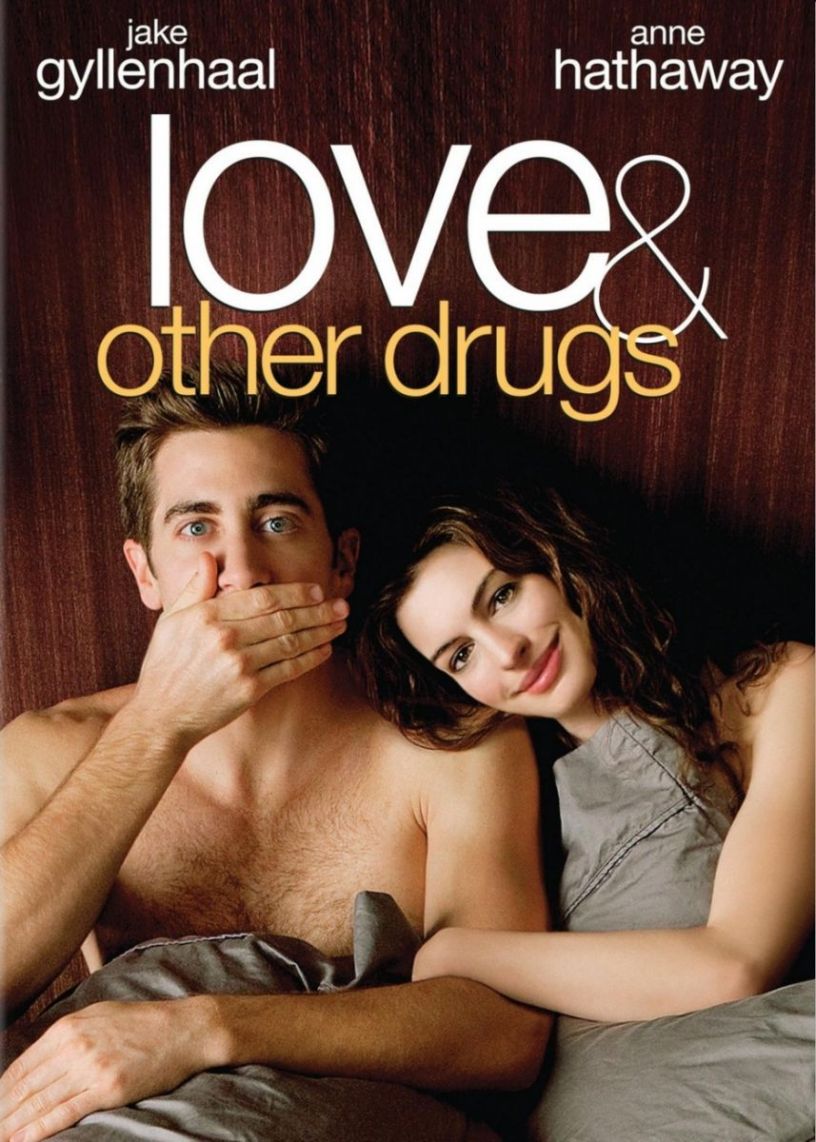They say it’s not what you know but who you know that leads to success but according to Love and Other Drugs screenwriter and producer Charles Randolph, those days are gone.
Speaking from New York ahead of his trip to Australia for Movie Extra Tropfest, Randolph says the opportunities for budding filmmakers are there for the taking.
“I started 10-15 years ago. I think probably more when I first started [networking] was more important,” he explains. “I think mechanisms for identifying good scripts and identifying good material have become much more efficient… the contests that are available to people – the short film festivals – these things really do function much more as a farm team system for making features than they did when I started.”
As the writer and producer of The Life of David Gale and The Interpreter, Randolph has a wealth of experience in Hollywood and is optimistic about the chance of new writers breaking into a tough and competitive industry.
He says it’s worth pursuing a career in screenwriting if it’s what you want to do but it might not be the role you end up having.
“I think what you need to be is very honest with yourself. You know, your boyfriend or girlfriend is going to love your script – unless they’re a bad boyfriend or girlfriend – that’s always the case. The feedback from family and friends is always going to be positive because they’ll encourage you and they’re blinded by their love for you…
“However, what you want is to expose your work to other individuals and other institutions and see how they respond and if you’ve written three screenplays and you’ve diligently sent them out and the response has never been positive – and I mean positive in a real way… you know it’s positive when someone wants to be in business with you – then probably it’s time to think about changing your tact and thinking about your approach to the film business.
"I’m a big believer that there’s a role for everybody, it may not always be the role you think you want. Some of the best producers I know are people who started off thinking they’re going to be something else. So there’s a place for everyone, it’s just a matter of finding what that place is,” he says.
Randolph – a Nashville born former cultural studies and philosophy professor – started his film career at the age of 33 after a weekend in Los Angeles to give some lectures at the University of Southern California. A chance meeting with a person who worked for the Farrelly Brothers inspired him to put pen to paper.
“They said ‘Oh you should write comedy for us’ and I naively thought it would be a matter of me writing a script for the Farrelly brothers and sending it to them and they would make it and it would be done. I had no idea about how it would work and I wrote it while I was there that summer,” says Randolph after a day casting a new HBO series called The Missionary, set in the Cold War era.
“I don’t think they actually saw the script but I did end up knowing someone who knew someone who was an agent at CAA (Creative Artists Agency) and I sent my script off on a Tuesday and by Monday I was a client so I had a very easy entry into the industry in that way.”
While in Sydney for Tropfest, Randolph – who worked with the festival’s founder and director John Polson on the film Tenderness – will be on the judging panel and talk to filmmakers at the Roughcut symposium ahead of the event.
One issue he is keen to talk about is the fear of showing your work to other people. He says people often use the excuse of not wanting others to steal their ideas or taking over their screenplay but it’s important to get your stuff out there.
“I always tell people to be very generous with their ideas to spread them as far as they possibly can. If anyone is willing to read your work let them read your work because studios don’t really buy ideas, they buy writers.
“They’re less interested these days in the actual idea than your ability to bring it home so don’t get caught up in a kind of ego paralysis that comes from anxiety about the mechanism, the big scary mechanism of development in Hollywood,” he adds.
Charles Randolph will host the Roughcut filmmaking symposium at The Art Gallery of New South Wales Domain Theatre on Saturday February 18.



